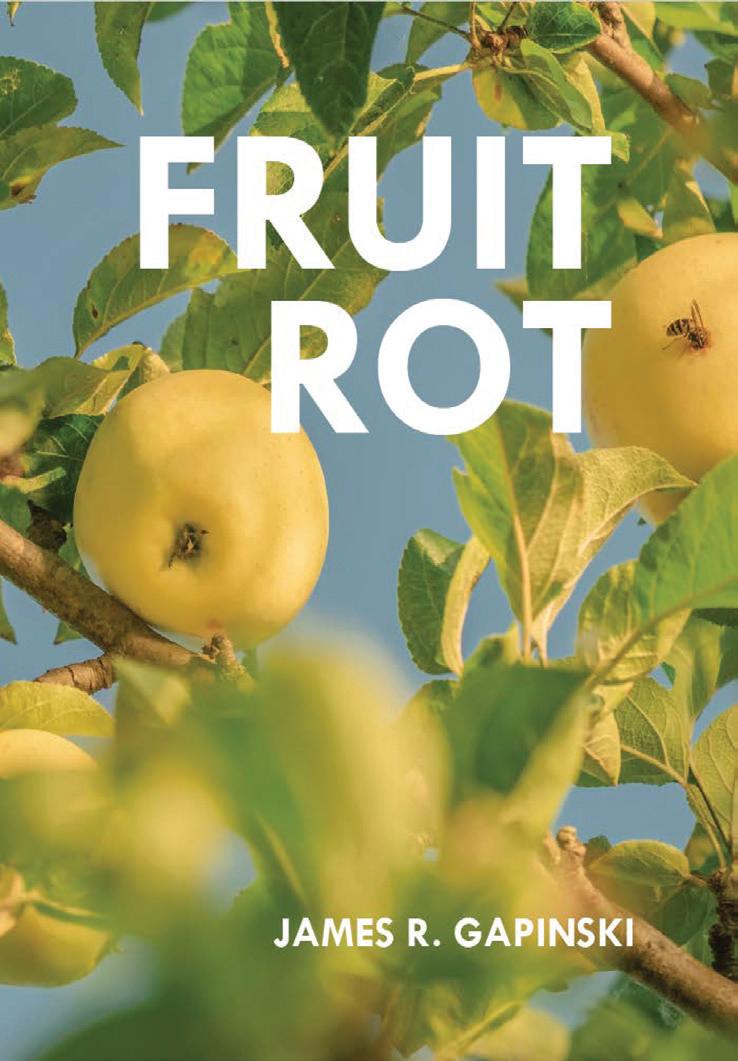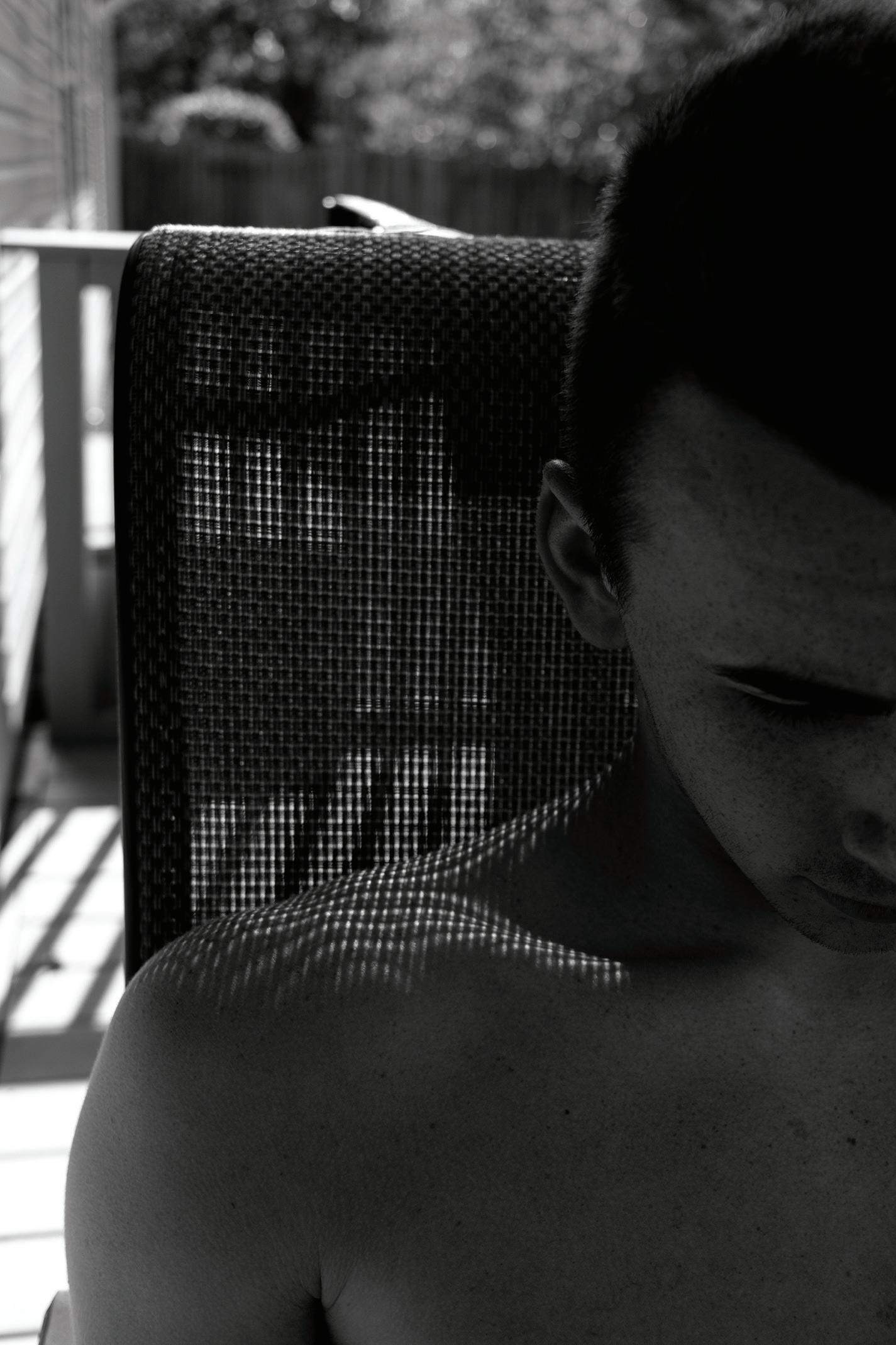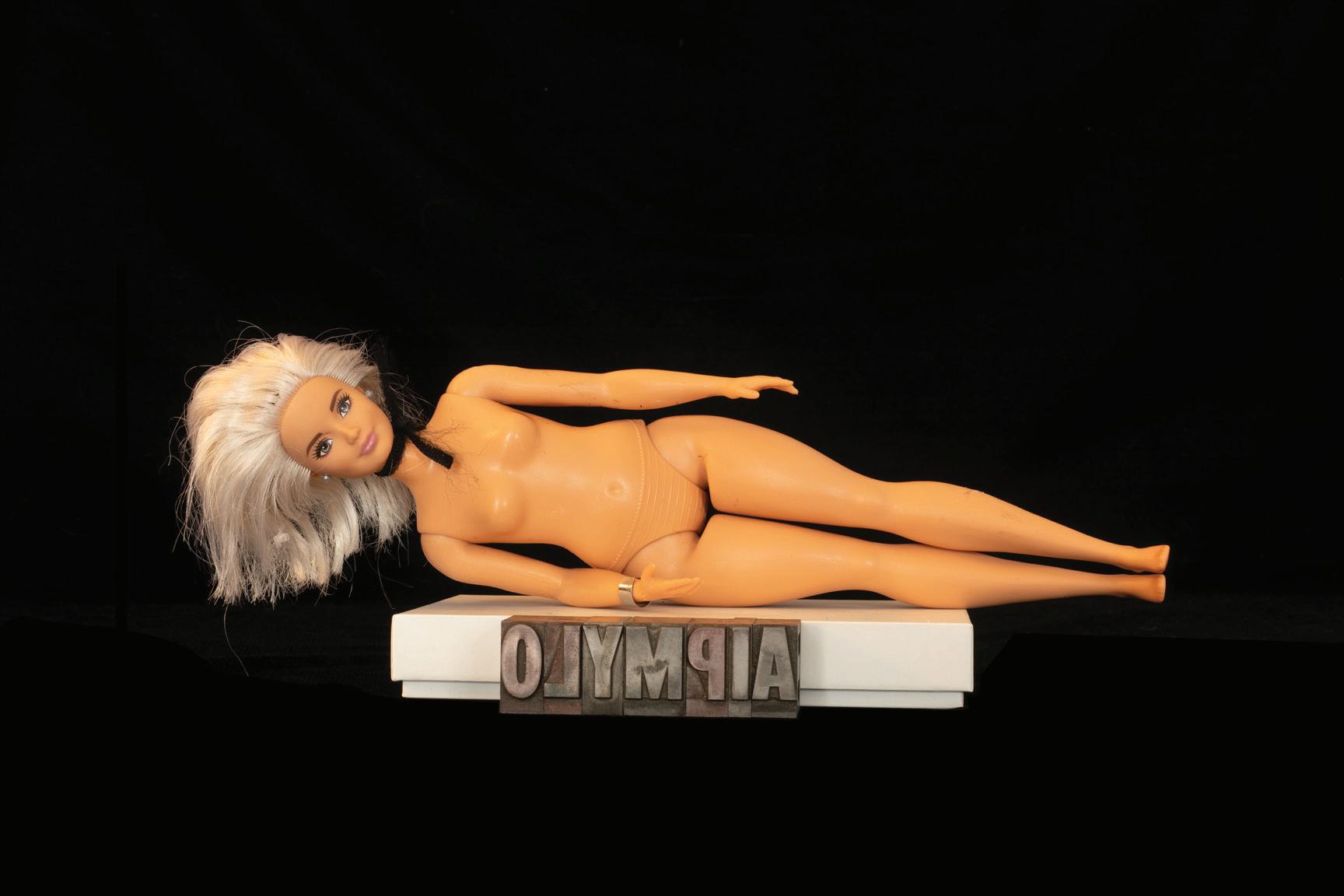
1 minute read
Charlottesville, 2017 | Sarah Reynolds
Sarah Reynolds Charlottesville, 2017
I want to tell you that my country lies bloodied in the streets, lies there among the twisted metal and tattered remains of my people, in the shadow of where my brother sits trying to hold his head together, the blood soaking his hands from wounds delivered by the unholy, hate-twisted, inhumane beasts who descended upon that overrun town—
Advertisement
But I’m afraid There was something too familiar In the shape of the hateful, Too much like my country Behind the wheel of that car, Too recognizable In that torch-flecked crowd. I used to think those were the sins of our fathers, Were ancestors’ failings in times long past. I thought we’d slain and buried these horrors In tombs dug too deep to disturb us again. I tried not to notice the cesspools still churning, Looked away from the cracks in the unsteady ground. Where I found dirt, I brushed it off briskly, And told myself there was nothing to fear.
I was wrong.
I want to help to rescue our common hopes from the rubble, to tend the wounds of bonds broken, stitch up the bleed of lost futures, and work together to revive the fluttering, last-gasping heart of unbiased love— But the truth is I’m also lost and I’m flailing, Covered and slipping in the blood-muddied grime, Here among the shards of bone shattered, I can’t find my vision, I can’t see our home.
Poetry now helps me process tragedies, especially the difficult juxtaposition between wanting to say something and feeling like words have little meaning. In the wake of the Charlottesville car attack, I kept thinking about Pablo Neruda’s “Explico Algunas Cosas (I’m Explaining a Few Things),” especially the first and last stanzas. This is my response to the challenge posed in his poem. Our poetry changes when we face horrors in our world, but it’s my belief that through poetry we also find our way forward.





